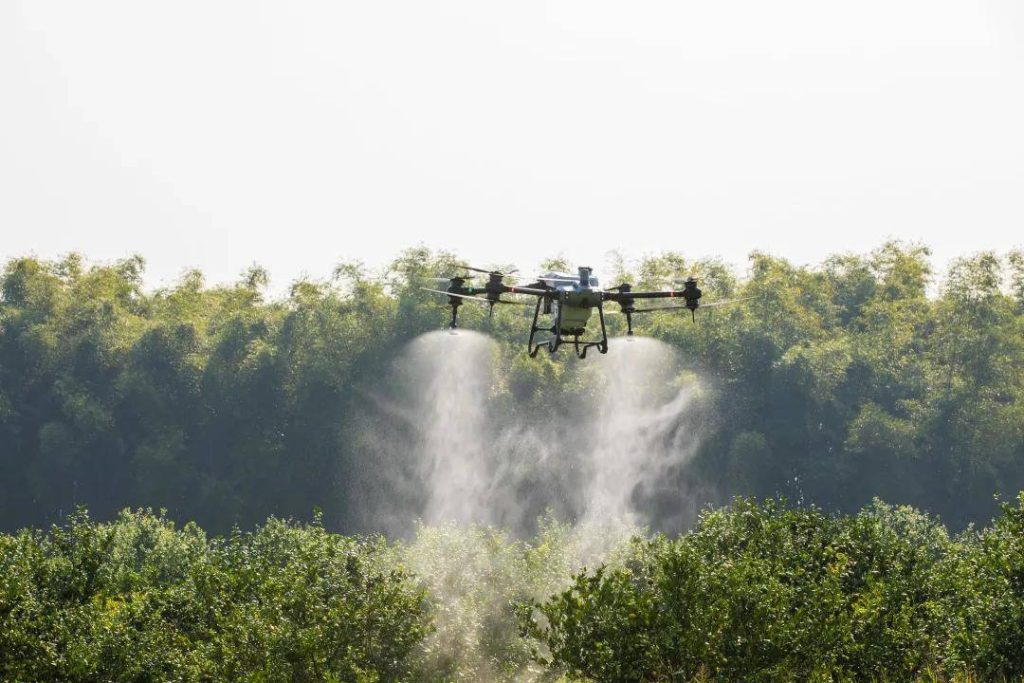Agricultural drones are playing a pivotal role in reducing the environmental impact of modern farming practices. These unmanned aerial vehicles (UAVs) offer several environmental benefits that make them a crucial tool in sustainable agriculture.
One of the most significant advantages of drones is their precision. They can apply pesticides and fertilizers with pinpoint accuracy, ensuring that only the necessary amount is used, reducing chemical runoff into nearby water sources and minimizing the risk of soil contamination. This precision not only protects the environment but also results in cost savings for farmers.
Furthermore, the reduced need for ground machinery, such as tractors, decreases soil compaction. Soil compaction can lead to reduced water infiltration, increased runoff, and poorer root development in crops. By relying on drones for certain agricultural tasks, farmers can contribute to healthier soil and better land stewardship.
Agricultural drones are also a key asset in early pest and disease detection. They can quickly identify areas of the field that require intervention, allowing for targeted treatment and reducing the overall use of pesticides. This focused approach minimizes the environmental impact of chemical applications.
As technology continues to advance, agricultural drones are likely to become even more eco-friendly. With the integration of sustainable energy sources and improved battery life, drones will offer an even greener solution for agriculture. The environmental benefits of drones make them an essential tool in promoting sustainable and responsible farming practices.







Please sign in to comment
register